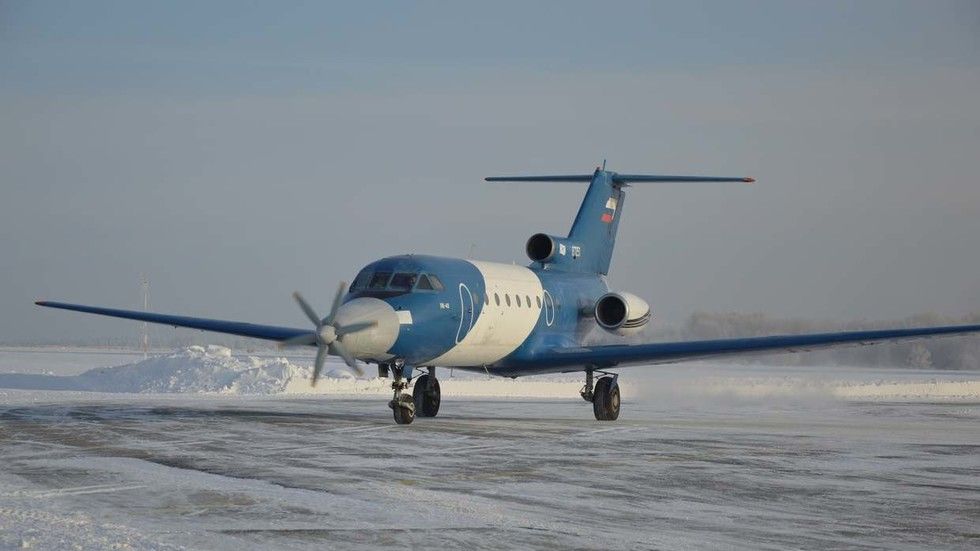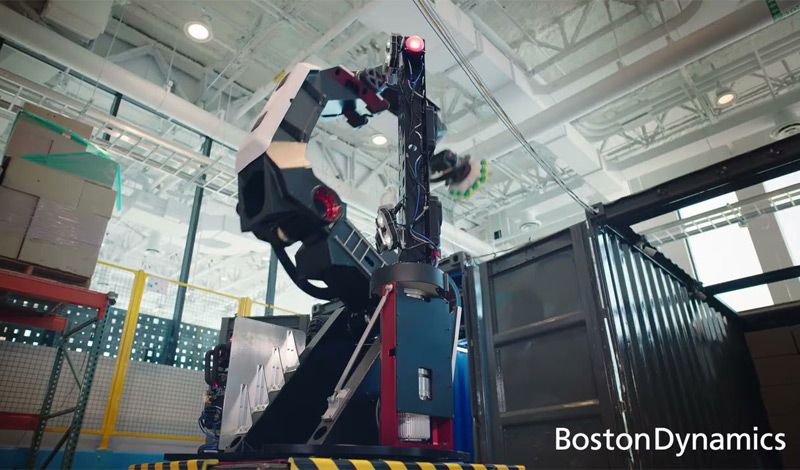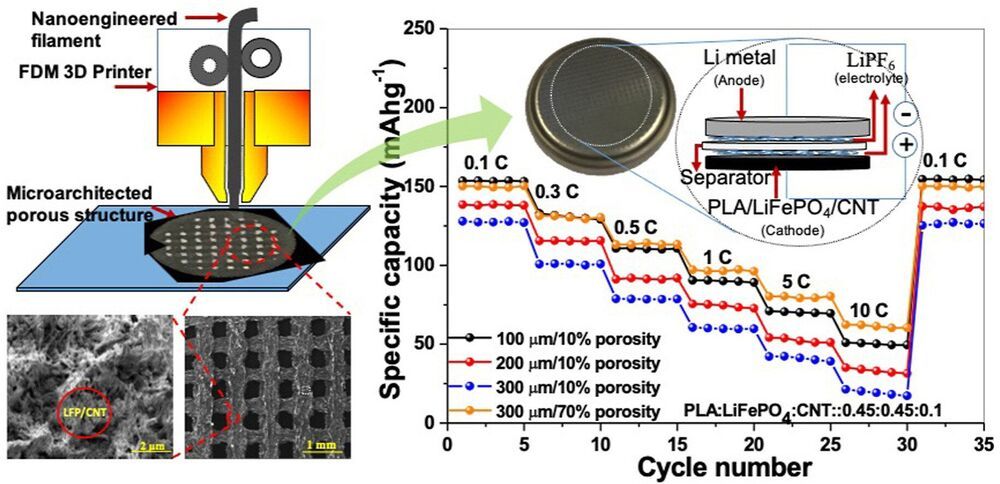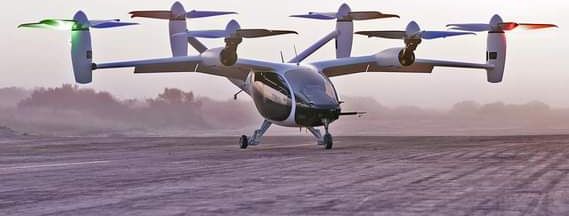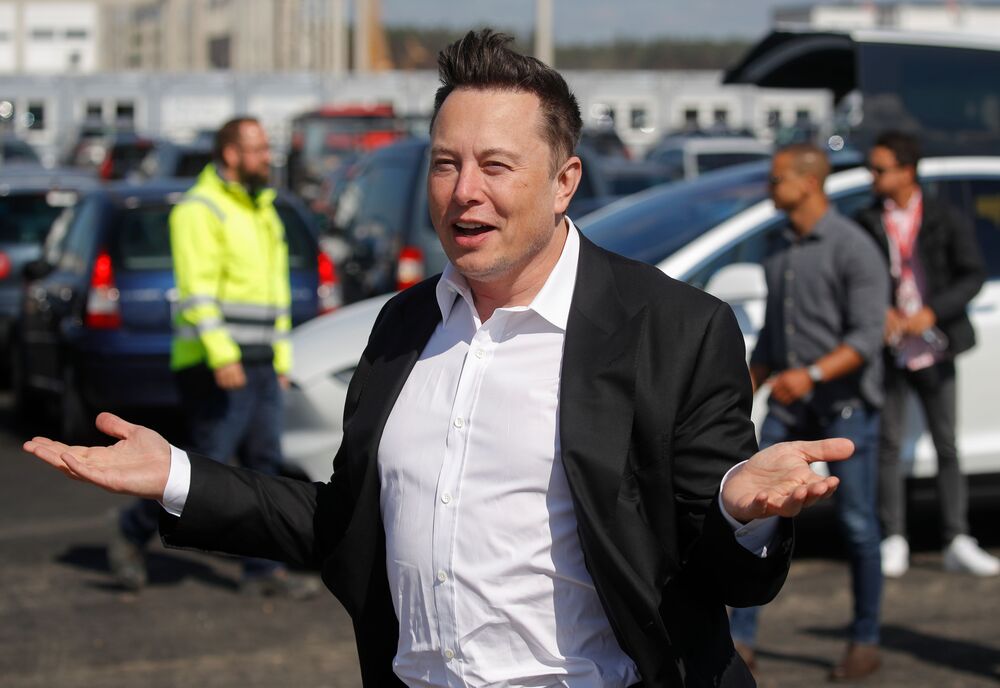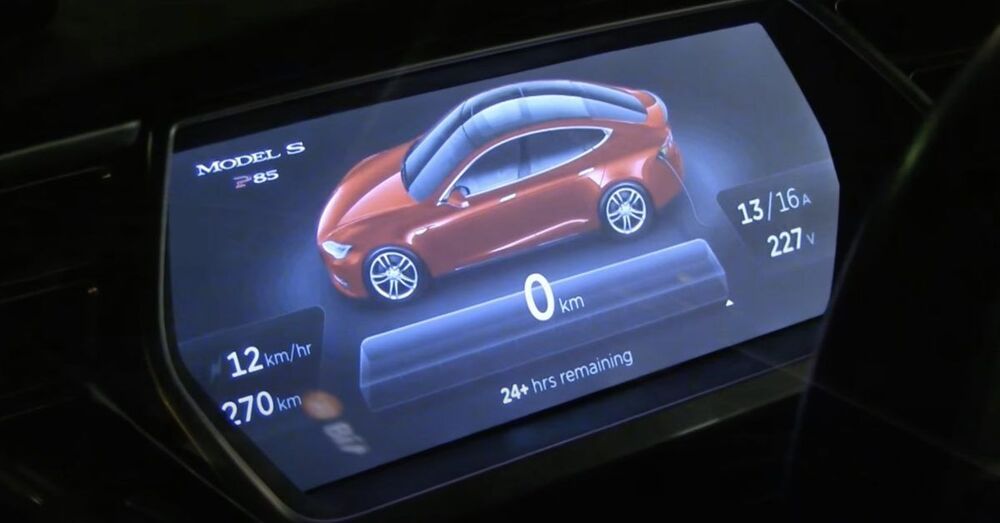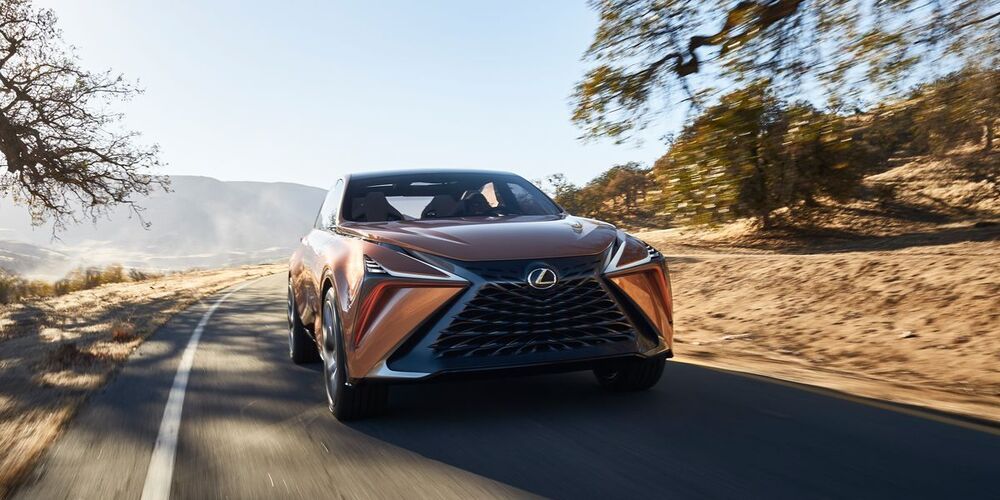According to the CEO of CIAM Mikhail Gordin, this is one of the most important projects in modern aviation. The use of a hybrid power plant based on the high-temperature superconducting platform, or HTSP, is designed to solve a number of technological issues that air transport is already facing, he said.
“This is what was done with the Fund of Advanced Studies – an electric airplane based on superconductivity principles,” Borisov said. The electric motor is part of the hybrid powertrain demonstrator that Russia’s Central Institute of Aviation Motors (CIAM) is developing.
An innovative electric motor based on high-temperature superconductors with a capacity of 500 kW (679 HP) was created by materials specialist Superox.
Trials of a promising superconductive aircraft electric motor started on February 5. A special flying laboratory has been created on the basis of the Yak-40 aircraft.
